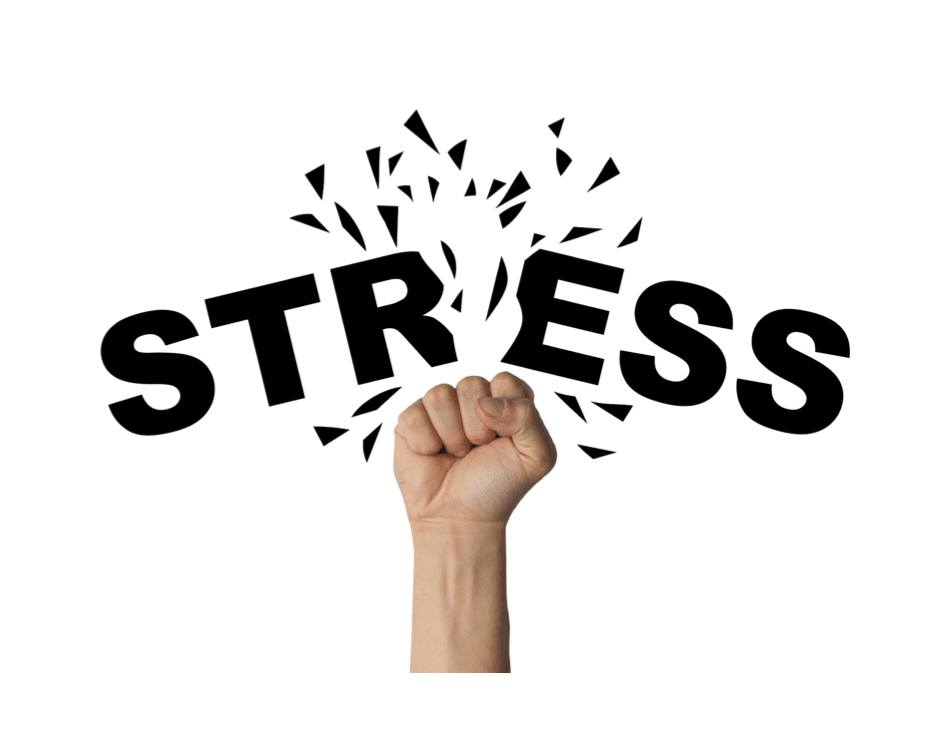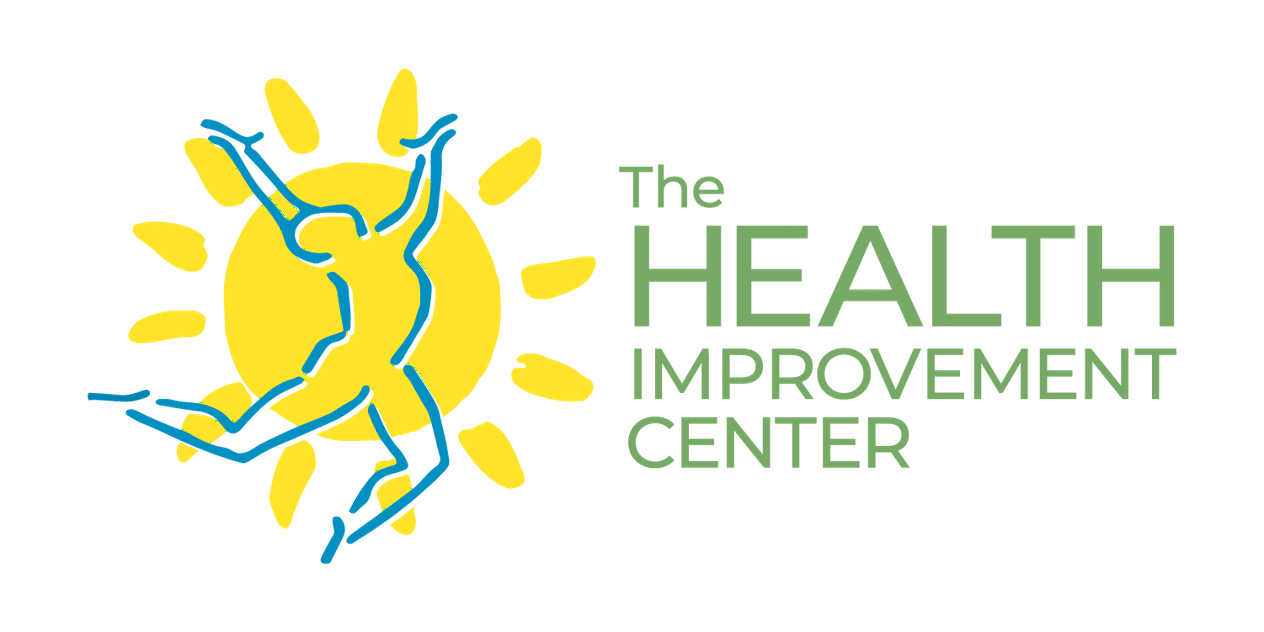
How to Tame the Stress Monster Naturally
Simple, Effective Tools for Real Life
Stress is unavoidable—but living in a constant state of burnout, brain fog, or irritability is not.
In my practice, I see women every day who are running on fumes. They’re overwhelmed, exhausted, and wired at the same time. And most of them have no idea how deeply chronic stress is affecting their bodies.
Here’s the honest truth: you can’t keep pouring from an empty cup. Your body can’t keep running on stress hormones and still feel energized, calm, focused, or healthy. But the good news is—you’re not powerless.
In this post, I’m going to walk you through some natural ways to manage stress and actually reset your nervous system—not just slap a band-aid on it. These are the exact tools I use personally and recommend to my clients to support emotional resilience, hormonal balance, and total-body health.
What Stress Is Really Doing to Your Body
Stress isn’t just “feeling overwhelmed.” It’s a biological response to perceived danger. Whether you’re stuck in traffic, fighting with your partner, or worried about bills—your brain sends a signal to your adrenal glands to pump out cortisol and adrenaline.
In short bursts, this system is life-saving. But when the stress is ongoing (hello, modern life), your body starts to pay the price.
Chronic stress contributes to:
-
Fatigue and low energy
-
Anxiety, irritability, and brain fog
-
Hormonal imbalances
-
Poor digestion
-
Sleep problems
-
Weakened immune function
-
Weight gain or resistance to fat loss
You can’t eliminate all stress—but you can change how your body handles it. And that starts with how you breathe, move, fuel, and support yourself.
1. Deep Breathing: Your Nervous System’s Reset Button
Let’s start with the simplest and most accessible tool: your breath.
When you’re stressed, you breathe fast and shallow—keeping your body in fight-or-flight mode. Deep, intentional breathing tells your nervous system: It’s safe to relax now.
One of my favorite techniques is 4-7-8 breathing:
-
Inhale through your nose for 4 seconds
-
Hold your breath for 7 seconds
-
Exhale through your mouth for 8 seconds
-
Repeat for 2–4 minutes
This type of breathwork activates your parasympathetic nervous system—the branch responsible for rest, digestion, and healing. Do it first thing in the morning, before meals, or anytime you’re overwhelmed.
Pairing breathwork with essential oils (keep reading) or grounding techniques (like walking barefoot outside) makes it even more effective.
2. Essential Oils: Nature’s Emotional Regulation Tools
Essential oils aren’t just for ambiance—they’re fast-acting nervous system tools. When you inhale certain oils, they go straight to your brain’s limbic system, which controls mood, memory, and emotions.
Two of the most powerful oils for stress support?
doTERRA Adaptiv and doTERRA Balance.
🌿 doTERRA Adaptiv: For Emotional Overwhelm and Mental Stress
Adaptiv is a proprietary blend created to help your body adapt to mental and emotional stress. It’s my go-to for anyone who feels anxious, scattered, or overstimulated.
Key Ingredients:
-
Lavender – calming
-
Wild Orange – uplifting
-
Spearmint & Rosemary – mental clarity
-
Copaiba & Magnolia – emotional balance
How to use it:
-
Apply to your wrists or chest before a meeting or social event
-
Inhale from your palms before bed or during anxious moments
-
Diffuse during work, study, or evening wind-down
-
Combine with deep breathing for faster calming effects
🌲 doTERRA Balance: For Grounding and Emotional Stability
Balance is your best friend when life feels chaotic. It helps anchor your energy and create a sense of calm, especially if you’re feeling uncentered or anxious.
Key Ingredients:
-
Spruce, Frankincense, Ho Wood – grounding
-
Blue Tansy, Blue Chamomile – soothing
-
Osmanthus + Fractionated Coconut Oil – gentle carrier and calming scent
How to use it:
-
Apply to the bottoms of your feet first thing in the morning
-
Rub on your neck or over your heart before bed
-
Use during breathwork, meditation, or yoga
-
Diffuse while journaling or before a stressful event
Pro tip: Use Balance in the morning to stay grounded, and Adaptiv in the afternoon or evening to calm emotional stress. They pair beautifully together for full-spectrum support.
3. Support Your Adrenals: Nourish Your Stress Glands
Your adrenal glands are responsible for producing stress hormones like cortisol and adrenaline. But when they’re overworked—because of poor sleep, under-eating, high caffeine, or constant pressure—they can’t keep up.
And when adrenal function declines, so does your energy, mood, immune strength, and hormone balance.
Here’s how to give your adrenals the love they need:
Eat to Fuel, Not Deplete
-
Don’t skip meals—especially breakfast
-
Start the day with protein and fat (not sugar or caffeine)
-
Eat balanced meals every 4-5 hours to stabilize blood sugar
-
Avoid long stretches of fasting if you’re feeling depleted
Key Nutrients for Adrenal Health:
-
Vitamin C – helps regulate cortisol
-
B Vitamins – needed for adrenal hormone production
-
Magnesium – calms the nervous system and supports sleep
-
Adaptogens – herbs like ashwagandha, rhodiola, and holy basil help the body respond to stress
Consider Adrenal Support Supplements:
If you’re constantly tired, especially mid-afternoon or upon waking, a high-quality adrenal support formula may help. Talk to your practitioner (that’s me, if you need!) before starting supplements, especially if you’re dealing with other health issues.
4. Move Your Body: Build Resilience, Not Burnout
Exercise is a powerful stress reliever—but not all movement is created equal, especially if you’re already burned out.
Too much high-intensity exercise can backfire, increasing cortisol and leaving you more exhausted. What your body likely needs is movement that builds resilience, not more stress.
Best Types of Exercise for Stress Relief:
-
Walking in Nature – lowers cortisol and boosts mood
-
Yoga, Pilates, or Tai Chi – supports breath and body awareness
-
Strength Training – builds mental and physical strength
-
Gentle Rebounding or Stretching – improves circulation and lymph flow
-
Dancing – raises endorphins and reconnects you with joy
Listen to your body. Some days, a 30-minute walk or 10-minute stretch is more healing than a full workout. You don’t have to go hard—you just have to move.
Bonus Tools to Reduce Daily Stress Load
Here are a few more stress-reducing strategies I use with clients in my practice:
-
Sleep is non-negotiable. Aim for 7–9 hours per night, and create a calming bedtime routine.
-
Hydration matters more than you think. Add a pinch of sea salt or electrolytes to your water for better absorption.
-
Reduce your toxic burden. Chemicals in food, cleaning products, and skincare create silent stress. Go natural where possible.
-
Create margin. Say no more often. Block off downtime. Set boundaries. Your nervous system needs space to recover
Final Thoughts: You Can Feel Calm, Focused, and Energized Again
Stress may be part of life—but chronic burnout, emotional chaos, and hormone imbalances don’t have to be.
Every breath you take, every drop of essential oil, every nourishing meal, and every step outside is telling your nervous system:
“You’re safe. You’re supported. You’ve got this.”
You don’t need to overhaul your life overnight. Start with one habit—like 4-7-8 breathing or applying Balance to your feet in the morning—and build from there. These small acts of care compound into real transformation.
You deserve to feel grounded, clear, and in control again.
Phone
Address
10006 Carrington Pl, Manassas, VA 20109
Hours
Monday 9am to 1pm
Wednesday 9am to 2pm and 4pm to 7pm
Friday 9am to 2pm and 4pm to 7pm
Saturday 9am to 1pm
Disclaimer – Privacy Policy – Terms and Conditions|©Copyright 2023. All Rights Reserved.
